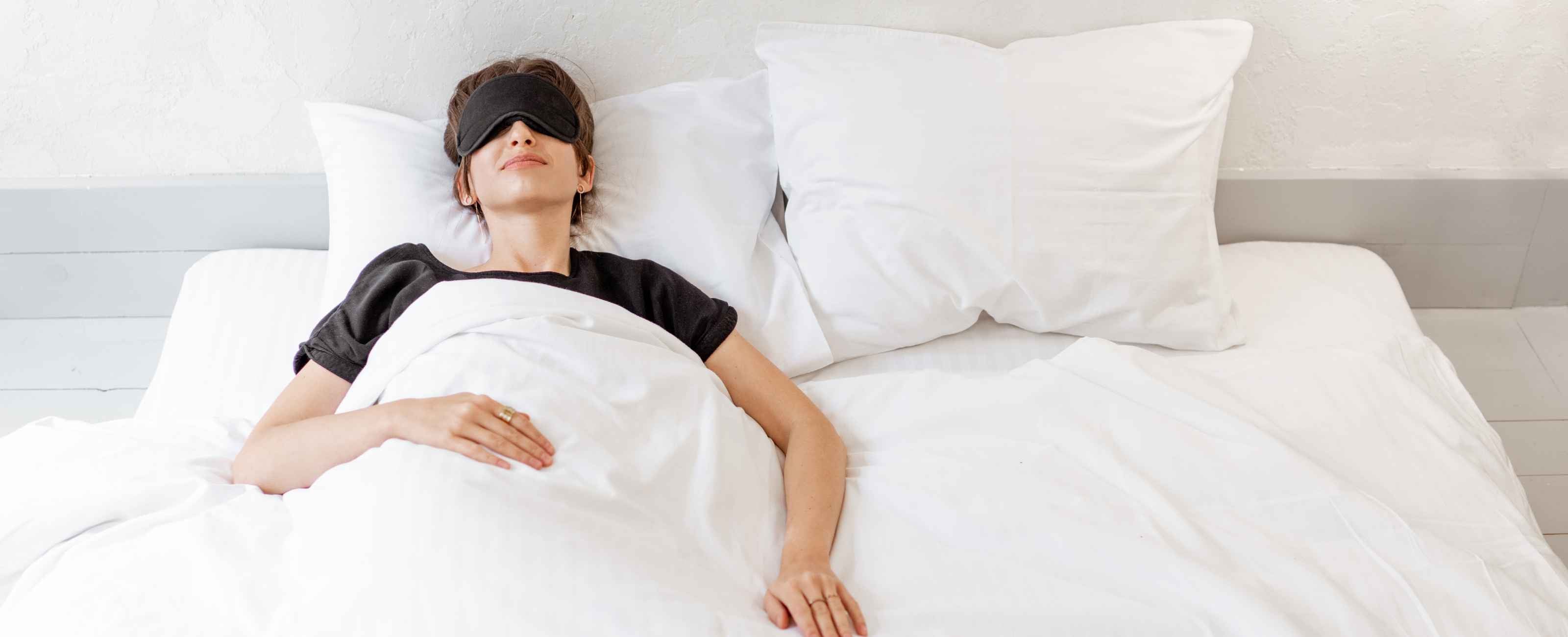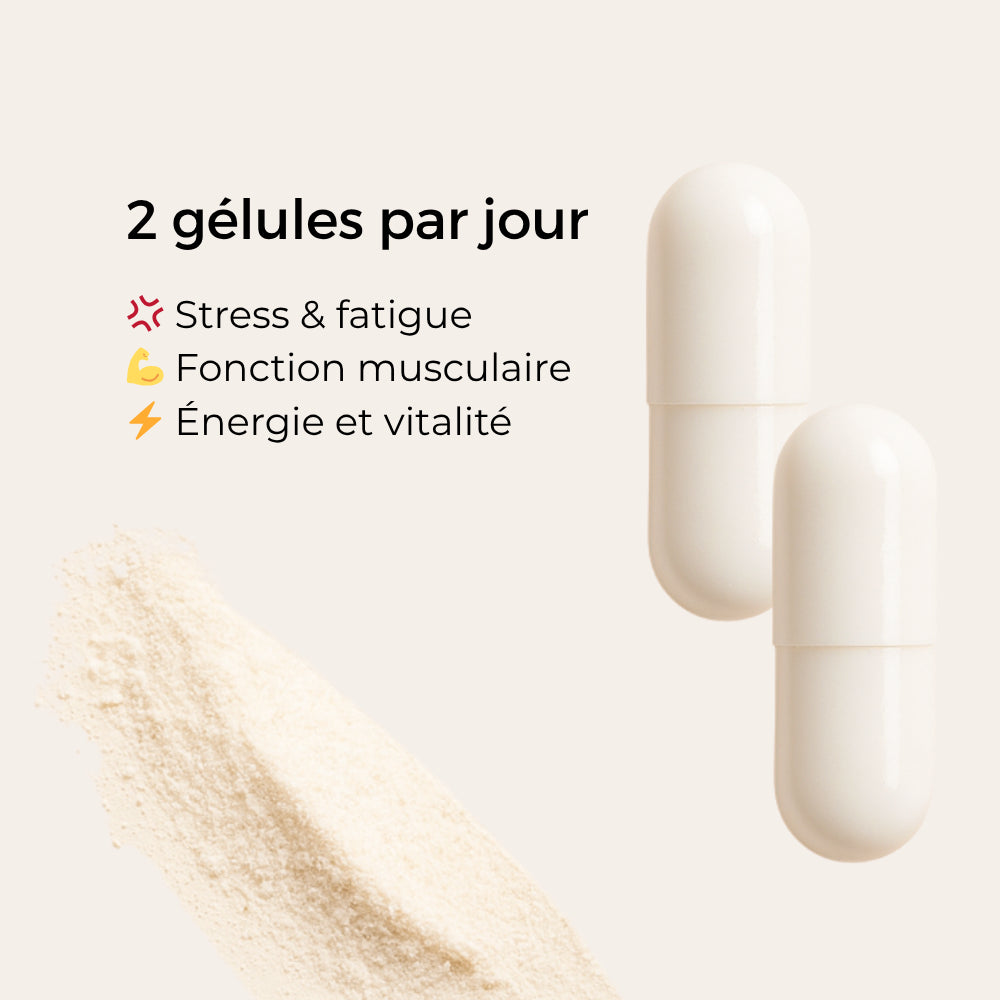
What is the best position to sleep?
Many people sleep without thinking about their sleeping position. However, this detail is far from trivial: certain postures can cause physical pain or promote sleep disorders ( insomnia , sleep apnea, sleep paralysis, night awakenings, etc.).
The different sleeping positions
Here are the four most common sleeping positions and their advantages and disadvantages.
Sleeping in the fetal position
It's a comforting posture reminiscent of life in the womb. It can be reassuring and promote sleep. But when brought up to the chest, the knees compress the ribcage, making breathing difficult. In the long term, bending the neck can also increase the risk of neck pain or osteoarthritis.
Sleeping on your side
This position reduces snoring and acid reflux, which can improve sleep quality. However, prolonged side sleeping can sometimes lead to shoulder or hip pain and promote sagging skin on the face and chest.
Sleeping on your stomach
Not recommended, it requires a twisted neck and puts excessive pressure on joints and muscles. This can cause neck tension, numbness, and even repeated sleep disturbances.
Sleeping on your back
This is the ideal position to rest the body, align the spine, and limit back pain. It also prevents heartburn. The only downside: it increases the risk of snoring and can worsen sleep apnea in some people.

What is the best position for sleeping?
The choice depends primarily on body type, medical history, and personal comfort. However, sleeping on your back remains the most beneficial: it promotes spinal alignment and limits neck pain. Alternatively, sleeping on your side can be a good option.
On the other hand, poor posture can aggravate certain disorders: insomnia, sleep apnea, sleep paralysis or frequent awakenings. If problems persist, it is recommended to consult a health professional.
Tips for getting a good night's sleep
Go to bed and get up at regular times
A stable rhythm helps regulate the biological clock and maintain a good energy level on a daily basis. It also helps you stay in shape .
Prioritize relaxation before sleeping
Limiting screen time, reading, listening to soft music, meditating, or taking a warm bath can help calm the nervous system. At the same time, it's best to avoid coffee, tea, alcohol, or soda in the evening, which can make it harder to fall asleep.
Choosing suitable bedding
Comfortable bedding that is adapted to your body shape (mattress, pillows, duvet) is essential to maintain the quality of your sleep and limit nighttime pain.
Take natural food supplements
Herbal supplements (passionflower, linden, chamomile, valerian) or melatonin can help you get a good night's sleep. They are available in capsules, ampoules, tablets, or even sleep gummies .
Focus on Délicure natural solutions
To help you find the best position and, above all, restful sleep, Délicure offers:
- Sleep gummies , made with melatonin, passionflower, linden and poppy. They promote sleep and limit nighttime awakenings.
- CBD Oil for sleep , which helps reduce stress and prolong deep sleep phases, for more peaceful and restorative nights.
Composition of Sleep Gummies
Passionflower, linden, and poppy to soothe the body, melatonin to regulate sleep, and vitamins B5/B6 to support serotonin and melatonin production. A complete and natural formula, suitable for vegans.
Directions for use
Chew 2 gummies about 30 minutes before bed. For CBD oil, place a few drops under your tongue before bed.
Precautions
Pregnant or breastfeeding women and people undergoing medical treatment should seek advice from their doctor.
--


























